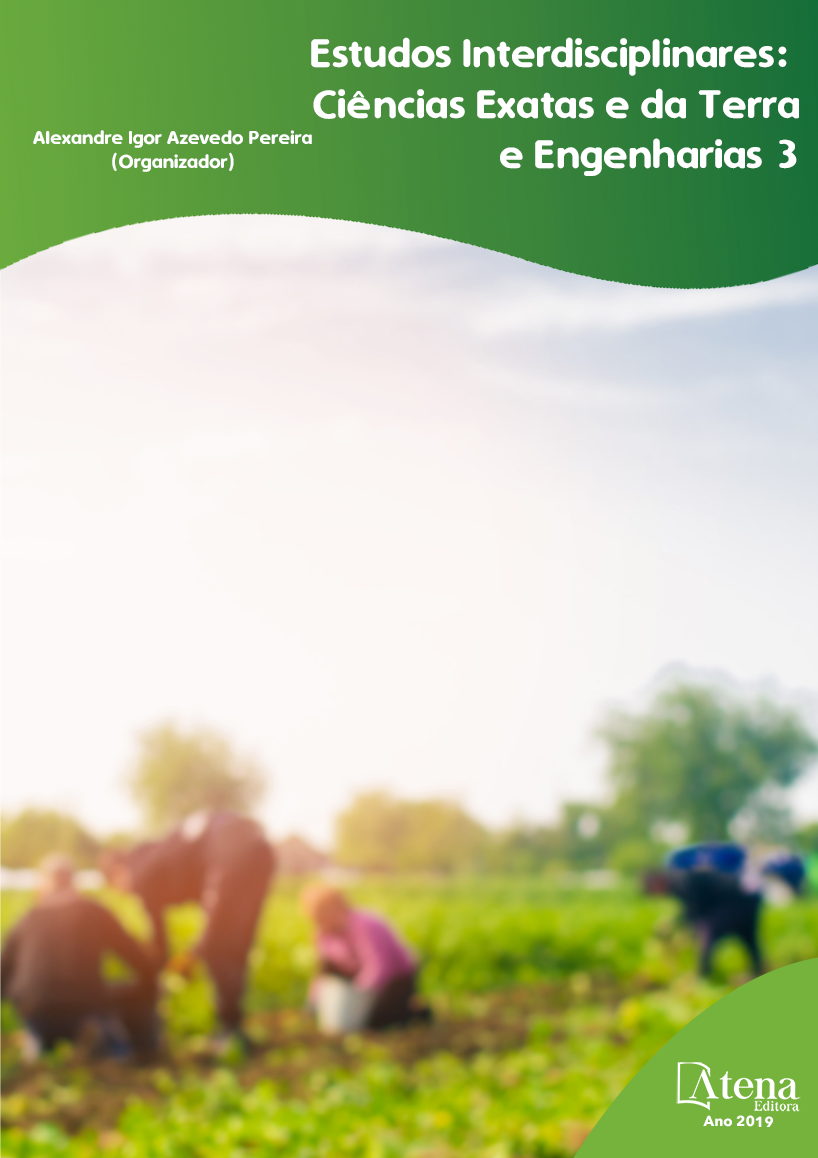
AQUISIÇÃO DE TOLERÂNCIA AO DÉFICIT HÍDRICO DA GERMINAÇÃO AO DESENVOLVIMENTO INICIAL DE PLANTAS DE TRIGO MEDIANTE OSMOCONDICIONAMENTO DAS SEMENTES
O objetivo do trabalho foi avaliar o
condicionamento fisiológico das sementes na
indução de tolerância ao déficit hídrico durante
o desenvolvimento da cultura do trigo (Triticum
aestivum L.). As sementes secas de cultivar
de trigo BRS 254 foram acondicionadas em
tubos contendo 15 ml de solução de PEG 6000,
em cinco potenciais osmóticos à 4 °C durante
10 dias. Seguidamente as sementes foram
submetidas a condições de déficit hídrico, pelo
uso de meio germinativo contendo soluções
de PEG 6000 em quatro potenciais osmóticos
na temperatura de 20 °C. O delineamento foi
inteiramente ao acaso (DIC) em esquema
fatorial com 5 potenciais de indução a tolerância
a déficit hídrico (0,0; -0,2; -0,6; -1,0 MPa) x 4 (0,0;
-0,2; -0,6 e 1,0 MPa) para o meio germinativo
com quatro repetições de 25 sementes. As
variáveis estudadas foram Germinação (G%),
Velocidade de germinação T50, uniformidade
de germinação U (7525) e tempo médio de
germinação. Os dados médios das variáveis
nos tratamentos foram comparados pelo teste
de tukey à 5% de probabilidade. Independente
do tratamento de condicionamento aplicado nas
sementes, quando submetidas para germinar em
agua (0,0 MPa) observou germinação superior
a 98%, indicando que o condicionamento
fisiológico não afetou a qualidade fisiológica
das sementes. Porém quando as sementes
condicionadas foram submetidas aos meios
germinativos sob condição de déficit hídrico
verificou-se um decréscimo na porcentagem
de germinação, no tempo em que 50% das
sementes germinaram e na uniformidade de
germinação. O condicionamento fisiológico não
induziu tolerância a déficit hídrico em sementes
de trigo.
AQUISIÇÃO DE TOLERÂNCIA AO DÉFICIT HÍDRICO DA GERMINAÇÃO AO DESENVOLVIMENTO INICIAL DE PLANTAS DE TRIGO MEDIANTE OSMOCONDICIONAMENTO DAS SEMENTES
-
DOI: 10.22533/at.ed.0271903091
-
Palavras-chave: Vigor; Triticum aestivum; Condicionamento fisiológico.
-
Keywords: Vigor; Triticum aestivum; Physiological conditioning.
-
Abstract:
The objective of this work was to evaluate the physiological conditioning
of seeds in the induction of tolerance to water deficit during the development of wheat
(Triticum aestivum L.). The dried seeds of BRS 254 wheat cultivar were conditioned in
tubes containing 15 ml of PEG 6000 solution in five osmotic potentials at 4° C for 10 days.
Then, the seeds were submitted to water deficit conditions by the use of germinating
medium containing PEG 6000 solutions in four osmotic potentials at 20° C. The design
was completely randomized (DIC) in a factorial scheme with 5 potentials of induction
the tolerance to water deficit (0,0; -0,2; -0,6; -1,0MPa) x 4 (0,0; 0.2, -0.6 and 1.0 MPa)
to the germinative medium with four replicates of 25 seeds. The variables studied were
Germination (G%), T50 germination speed, germination uniformity U (7525) and mean
germination time. The mean data of the variables in the treatments were compared
by the tukey test at 5% probability. Regardless of the conditioning treatment applied
to the seeds, when germinated in water (0.0 MPa), germination was higher than 98%,
indicating that the physiological conditioning did not affect the physiological quality of
the seeds. However, when the conditioned seeds were submitted to the germinative
means under the condition of water deficit, a decrease in the percentage of germination
was verified, in the time in which 50% of the seeds germinated and in the uniformity of
germination. The physiological conditioning did not induce tolerance to water deficit in
wheat seeds.
-
Número de páginas: 15
- Bianca Cristina Costa Gêa
- Bruno Pastori Arantes
- Henrique Miada
- Pedro Bento da Silva
- André Luiz Vianna De Paula


